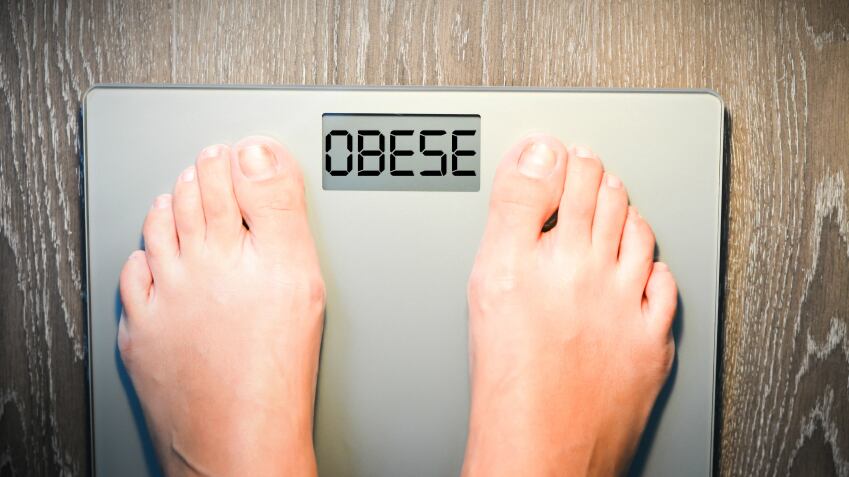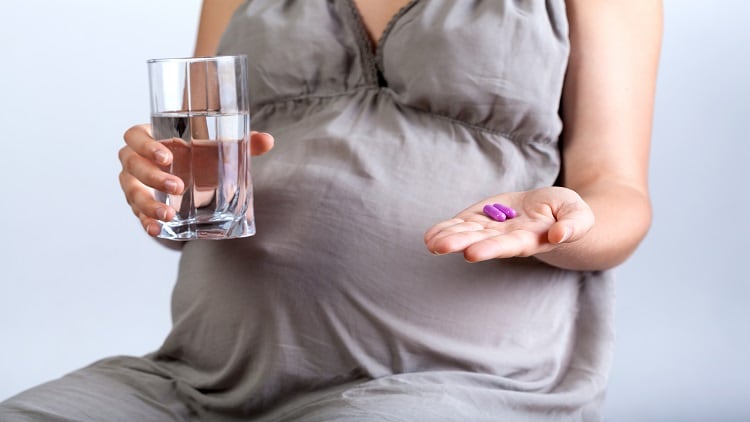An estimated 15% to 20% of expectant mothers in Singapore develop gestational diabetes, according to a study by the KK Women’s and Children’s Hospital’s Integrated Platform for Research in Advancing Metabolic Health Outcomes for Women and Children (IPRAMHO).
The guidelines cover gestational diabetes, the pre-conception and postpartum periods, breastfeeding, and early childhood nutrition.
Dr Chua Mei Chien, a senior consultant at KK Women’s and Children’s Hospital, told NutraIngredients-Asia: “The first thing to note is that the incidence of gestational diabetes is fairly high in our population. In recent years, we’ve found that the Chinese especially tend to have a genetic predisposition to the development of diabetes, which is a risk factor that isn’t really modifiable.
“What is modifiable, however, is obesity, which predisposes a woman to gestational diabetes. Later pregnancy is also a factor.”
She also discussed with NutraIngredients-Asia the potential role of industry in supporting better health for mothers.
Misconceptions about pre-conception
The three main themes of the guidelines covering the perinatal period are healthy eating, keeping physically active, and the appropriate use of supplements during pregnancy.
Chua said: “Pre-conception, women should be advised to optimise their BMI. Based on the IPRAMHO studies, 10% of Singaporean mothers were obese at the time of conception, and 24% were overweight.
“Women planning for pregnancy should adopt healthy eating and exercise habits, so they can ensure a healthy BMI before getting pregnant and as such, improve their chances of getting pregnant.”
She added that while the importance of folic acid, especially during the first trimester, had been well established, a woman planning to get pregnant can also benefit from folic acid supplementation.
Eating for two, healthy for neither
Chua also addressed the misconception that significant weight gain is a normal and healthy part of pregnancy.
“Pregnancy is not a licence to eat as much as you want, even though you are ‘eating for two’. When a pregnant woman puts on too much weight, the risk of her delivering a baby that is too big more than doubles, which can cause complications during delivery to arise.”
Instead, she advised optimal weight gain, citing international guidelines on how much weight an expectant mother should gain based on her BMI. She added that the IPRAMHO studies had shown that 26.6% of women in Singapore gain too much weight during pregnancy.
She also debunked the myth that pregnancy and exercise were incompatible.
“Women may feel that once they get pregnant, they are supposed to just rest, but daily light to moderate exercise is important. After all, pregnancy is a normal physiological state, not a state of illness.”
On the other hand, she highlighted that 33% of women do not gain sufficient weight during pregnancy, and that restricting calories while pregnant would result in a three-fold risk of the baby being small for its gestational age.
Furthermore, this would increase its risk of metabolic diseases like obesity and high blood pressure in childhood.
Chua said, “If a woman has a BMI of over 30 at the time of conception, she only needs to put on 5kg to 9kg during pregnancy. If she has a BMI of under 18.5, she would need to gain 13kg to 18kg during pregnancy.”
The burn of breastfeeding
Postpartum, Chua said women should continue exercising and eating healthily, adding that breastfeeding was a good way to for mothers to lose their baby weight, as exclusive breastfeeding can burn an additional 500 calories daily.
She said, “Studies have shown that women who breastfeed return to their pre-pregnancy weight much more easily than those who do not breastfeed.
“We advise breastfeeding mothers to maintain a diet rich in calcium and iron, as these are the two micronutrients we should pay more attention to — if a mother is not getting enough of these (in her diet), we suggest she start taking nutritional supplements.
“We also advise exclusive breastfeeding for six months, and this should be initiated as early as the first hour after birth, as doing so would increase the chances of success in terms of exclusive breastfeeding.
Weaning the right way
Apart from nutrition, supplementation and exercise for mothers before, during and after pregnancy, Chua said it was necessary to address inappropriate weaning practices among parents in Singapore.
“We would like to stress appropriate progression in terms of food textures, based on the child’s developmental age (during weaning after six months of age).
“A lot of parents think babies can only eat very soft or blended foods, which leads to inappropriate weaning practices, such as blended foods being added to milk bottles, and children eating blended foods even at one year of age.”
She said that by nine months, children should have already been introduced to solid finger foods, and eating the same foods the rest of the family eats by 12 months of age.
If not weaned appropriately, babies will either be overfed or, because they are not getting the right nutrients, may even become stunted.
She added: “A common misconception is that a chubby baby is a healthy baby. If a baby is lean, some people may be concerned, but we are actually more concerned about chubby babies, because its very likely they will grow into chubby adults.”
Industry involvement
Regarding the subject of industry support beyond infant formula and baby food, Chua emphasised the importance of public education.
“Industry should educate the public on healthy eating, especially when it comes to letting mothers know they should not be ‘eating for two’ but instead, according to what is nutritious for themselves. Their additional daily calorie intake should only be about 300 from their baseline requirements.”
She further said that industry should also provide healthier food options for mothers, with less salt, saturated fat and refined sugar content. As it is crucial for mothers to meet their macro- and micronutrient needs with their daily diet, they should should be educated on the basics of what constitutes a healthy diet, and how to supplement appropriately.
“Routine iron supplementation is quite common in Singapore, but some obstetricians think it’s not always needed, especially if a mother is taking iron-rich foods regularly. The emphasis should be on appropriate supplementation rather than routine supplementation.
“Industry should also note that women who have gestational diabetes face a seven-fold risk of developing diabetes later in life. 45% of these mothers actually develop diabetes within five years of giving birth.
“The statistics are quite alarming, and industry should provide healthy options and encourage mothers to go for health screenings.”
Furthermore, Chua agreed that personalised nutrition could also play a role in helping mothers to more accurately determine their health status and therefore, equip them with the necessary knowledge to maintain a healthy diet and ensure appropriate supplementation.



